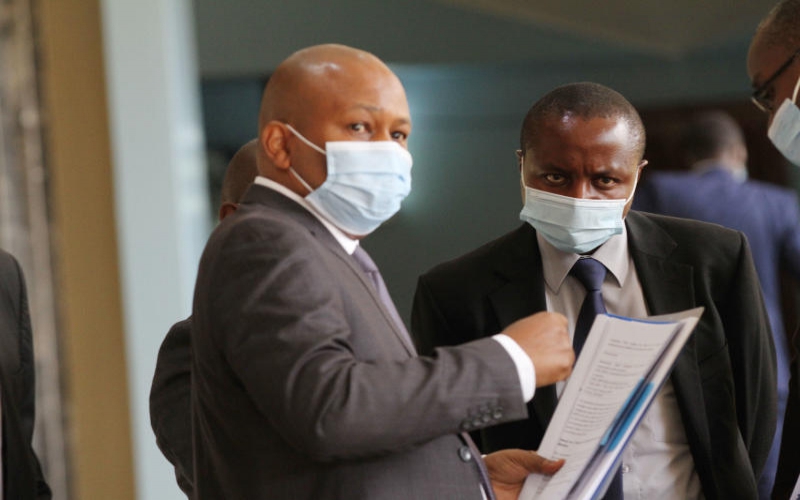×
The Standard e-Paper
Smart Minds Choose Us

Acting CEO shocks House team with details of the pedestrian manner in which firms were given tenders without bidding or pre-qualification.
A parliamentary watchdog committee was on Wednesday at a loss at the bizarre manner in which a State agency procured Covid-19 supplies worth billions of shillings.







